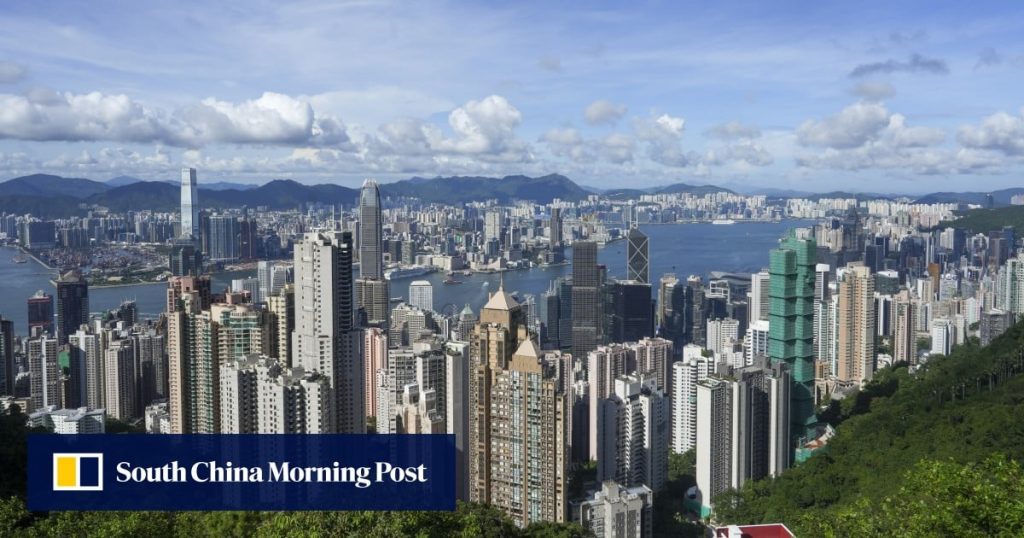Only about 2 per cent of organisations surveyed in the city were considered “pacesetters” – companies that outperformed their peers across a series of measures related to AI adoption. That compared with 13 per cent globally, according to Cisco’s study, which surveyed more than 8,000 senior IT and business leaders responsible for AI strategy across 26 industries.
Nearly 99 per cent of pacesetters had a defined AI road map, in contrast to just 32 per cent of all organisations surveyed in Hong Kong. Pacesetters were more likely to expand AI use, make AI their top investment priority, invest in new data-centre capacity and track the impact of their AI investments. Many were also highly aware of AI-related security threats.
Simon Miceli, Cisco’s managing director for cloud and AI infrastructure in Asia-Pacific, said he was “somewhat surprised” by Hong Kong’s low readiness for AI adoption.
“Comparatively, Indonesia showed surprisingly high adoption, as did Thailand, so there may be stronger opportunities in emerging economies to leapfrog than their more developed peers,” said Ben Dawson, senior vice-president and president of Asia-Pacific, Japan and Greater China.
The survey exposed warning signs of an “AI infrastructure debt”, which Cisco defined as technical and digital shortcomings that hampered transformation efforts in companies. This debt accumulated through “compromises, deferred upgrades and underfunded architecture”, it said.


